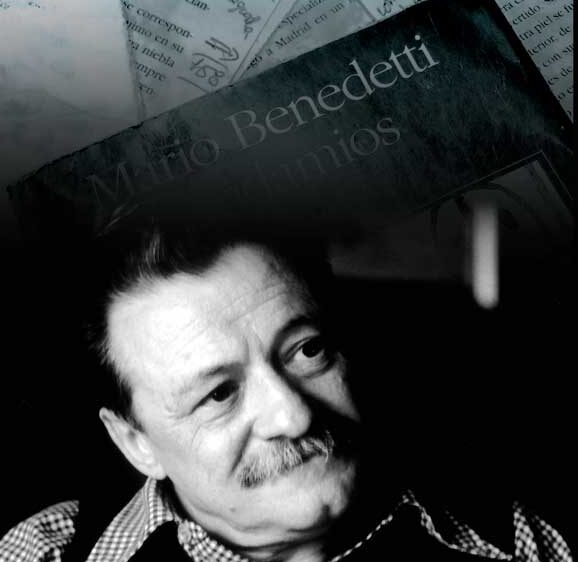Noveau roman was mainly about style, the way the book was written. There's nothing like it in La Tregua, which presents no complexities at all for the reader. Common themes are just secondary and not decisive for classifying a novel as Nouveau Roman.
There's also nothing about this in Onetti's works, hard to say there is magic realism in his literature either. We need to distinguish between the fantastic component in literature and magical realism.
Nouveau Roman isn't only about style but about the plot too. The basic premisse about NR is that the caracthers don't do anything about the situation whom they are, ie they can't change anything around and they are mere objects that are involved theirselves onto a complex web of happenings. It's a sequel to Absurdism but on a dreamlike perspective in which imagination confused with reality even when the characters aren't dreaming.
The happenings are unjustifiable and unfair in many aspects and there isn't such a good thing or a good end.
Because of those points of view, the characters confuse what is reality and fiction on a dreamlike perspective.
Duras, Sarraute, Blanchot, Butor, Grillet, Simon, Beckett, etc don't have the same style and don't approach the same subject in their works, but the impossibility and immutability of the plot in their books could be classified as a set of tragic events which became an unity of "irreality reality" (sorry about this oxymorous, guys).
Grillet, Blanchot and Butor, in their essays, claims about these perspectives I've explained above that the real motive of NR is to do a critic about post-war capitalism and the notion of progress.
--------------------------------------
All these books I've quoted above are epistolary novels (diaries) and depicted the same subjects: idealization and obsession with a minor theme which become a major theme on the following pages. By this aspect, they could be classified as Nouveau Roman as Peter Handke's some works are, for example.
----------------------------------------
About Onetti, yes! He did some pastiches on Magic Realism, Modernism, Regionalism of South America (the case of gaúchos in Argentina, Brazil and Uruguay), Surrealism and Nouveau Roman and, because of that, his works are sui generis (unique). Onetti's prose is close to Campos de Carvalho's prose, for example.
And about
La Tregua, it could be dense if you want this.


